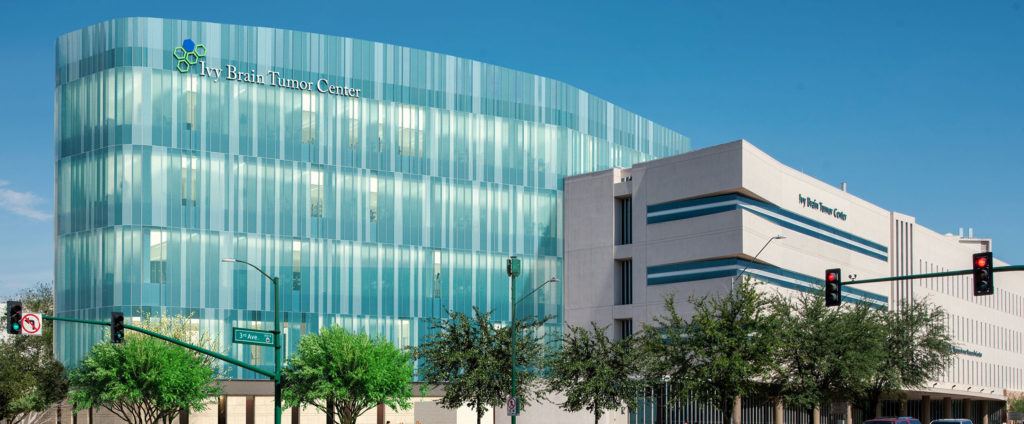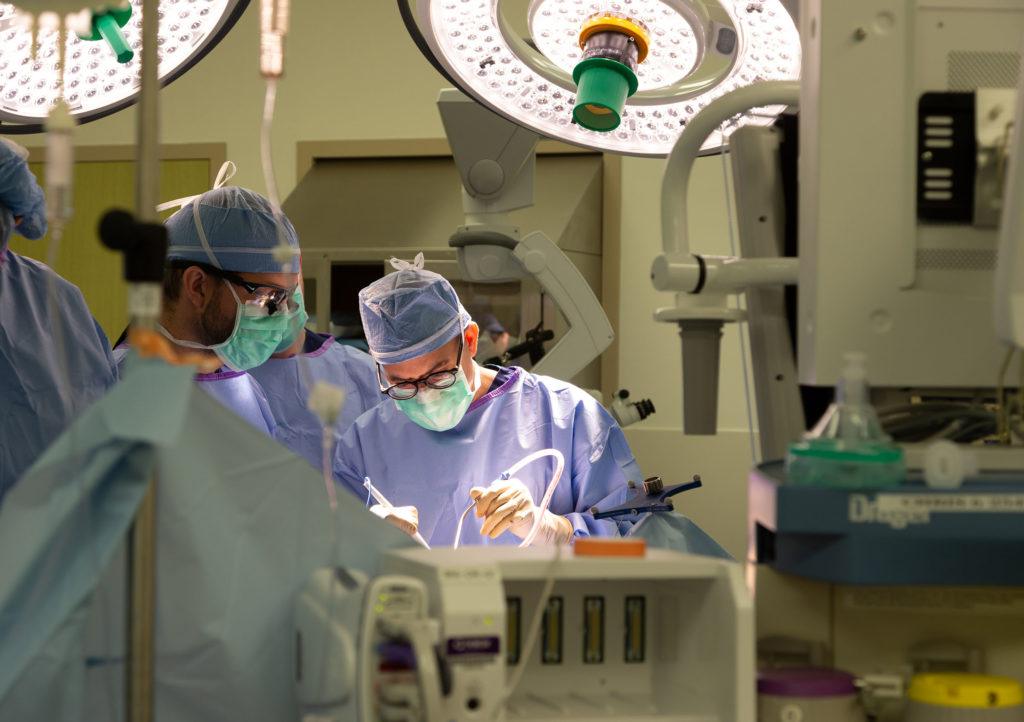
Clinical Trials for Ependymomas
What is an ependymoma brain tumor?
Ependymomas arise from the ependymal cells that line the ventricles (normal, fluid-filled spaces) of the brain and the center of the spinal cord. They are relatively rare in adults, accounting for 2-3% of ‘primary’ brain tumors.
World Health Organization (WHO) Criteria
Very slow-growing; subtypes include subependymomas and myxopapillary ependymomas.
Intermediate growth rate; further divided into other subtypes, including cellular ependymomas, papillary ependymomas, clear cell ependymomas and tancytic ependymomas.
Faster-growing tumors; also known as anaplastic ependymomas. While less common than grade II ependymomas, these are more likely to recur despite maximal therapy.
Rapidly-dividing and abnormal cells; contains necrotic areas of nonviable tissue
Ependymoma Brain Tumor Symptoms
Ependymoma brain cancer symptoms vary widely depending on the type, location, size and growth rate of the tumor. There is no set of symptoms that are attributable to a single type of brain tumor.
General symptoms of brain tumors include:
- New onset or change in pattern of headaches
- Headaches that gradually become more frequent and more severe
- New onset of seizures
- Gradual loss of sensation or movement in an arm or a leg
- Difficulty with balance
- Difficulty speaking
- Personality or behavior changes
- Confusion
- Unexplained nausea or vomiting
- Blurred vision, double vision, or loss of peripheral vision
- Hearing problems
Contact your physician if you are experiencing any of these symptoms.
Phase 0 Clinical Trials for Ependymomas
Clinical trials for ependymomas are uncommon and there are no proven therapies beyond surgery and radiotherapy. For these reasons, the Ivy Brain Tumor Center places a particular emphasis on cultivating experimental therapy options within our clinical trials’ portfolio for this underserved patient population.
If you have an ependymoma and have undergone MR imaging with evidence of tumor recurrence, you may be a candidate for one of our Phase 0 clinical trials. Our Phase 0 studies provide you with information you can use right now to make informed treatment decisions. This knowledge allows you to have a voice in your care and places some control back into your hands.
Am I Eligible?
View a list of our open trials and receive a free trial screening to determine your eligibility.
Medically Reviewed by: Dr. Nader Sanai


